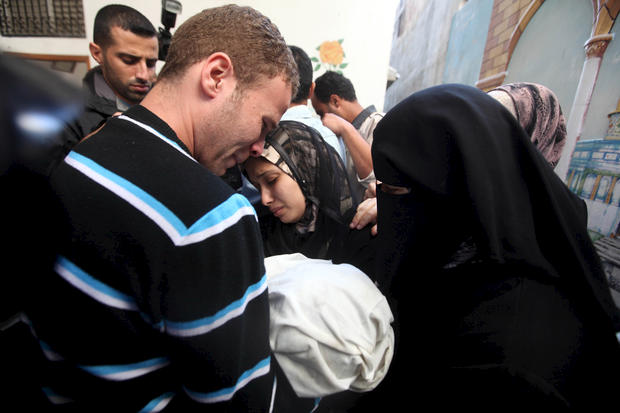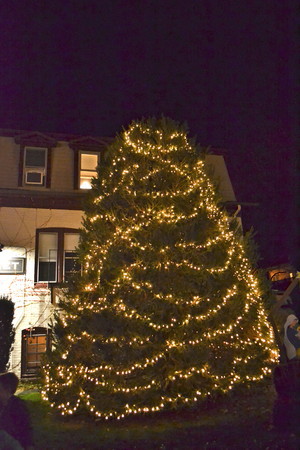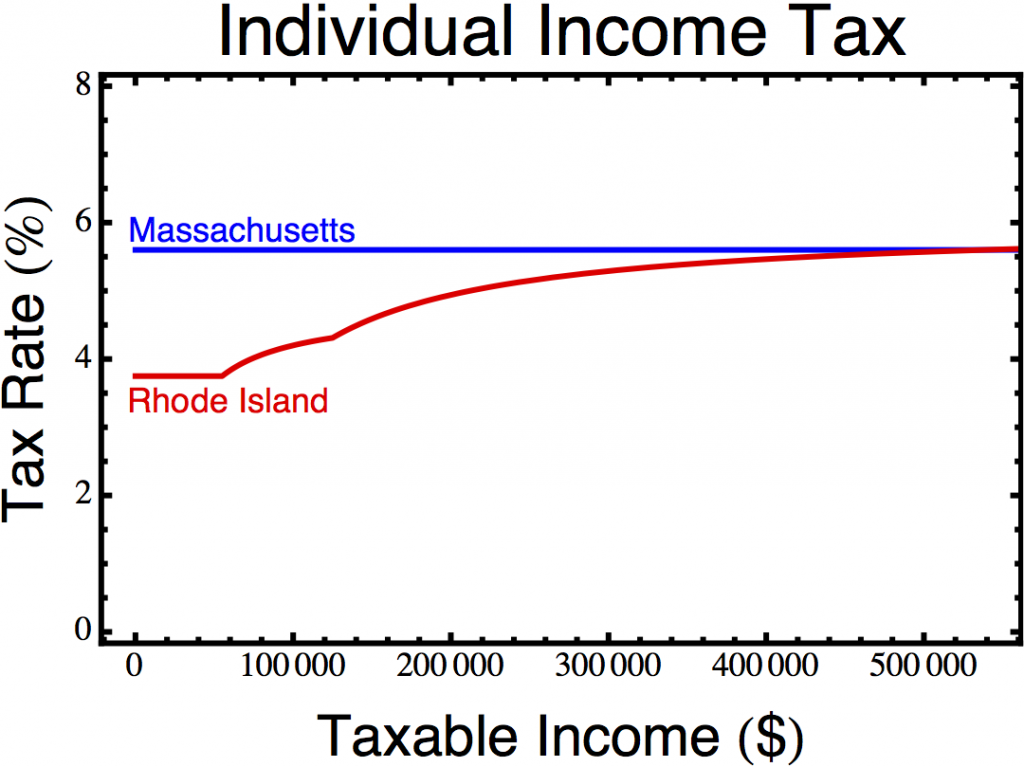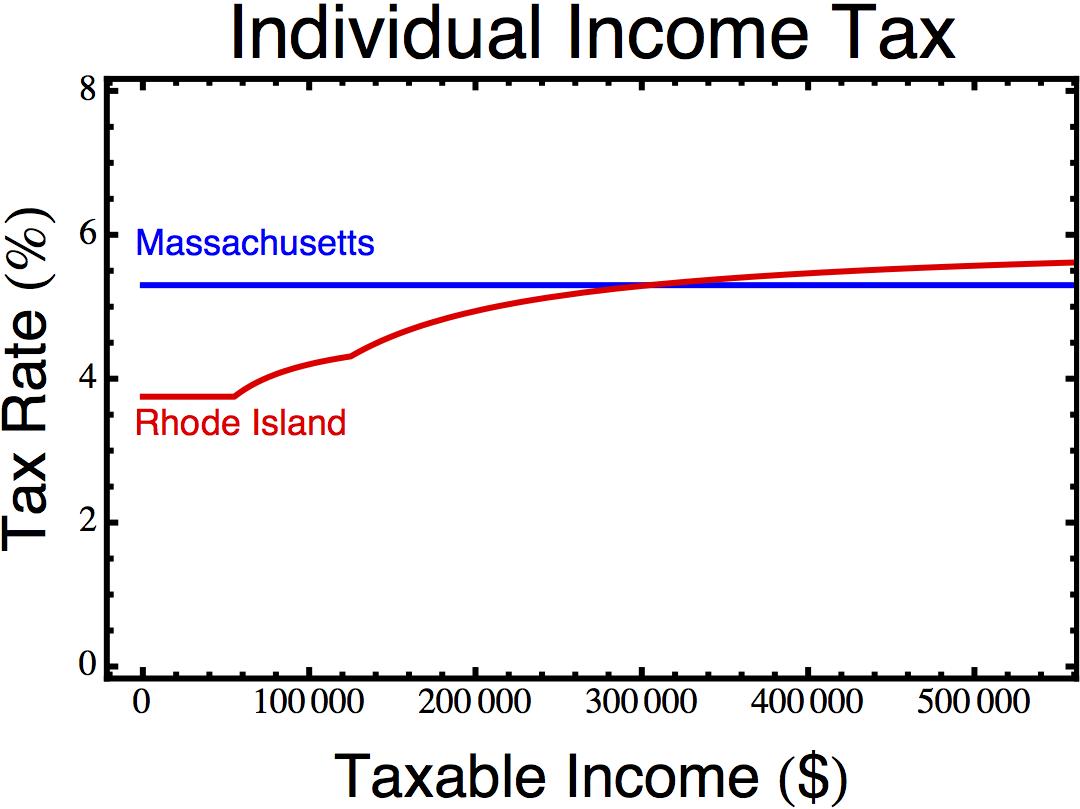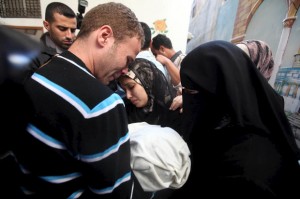
Severe civilian death tolls in the siege of Gaza and calls for war with Iran by Israeli Prime Minister Netanyahu call attention to the reality of the Apartheid state imposed by Israel on the Palestinian people.
The existence of Apartheid was verified recently in a poll of 503 Jewish Israelis published by Haaretz, of which 58% said they believe that there is Apartheid in Israel. They are not alone. A plethora of Jewish and non-Jewish activists, political leaders, and philosophers have likened the condition in Israel and the occupied territories to South African Apartheid.
Those who reject the notion that Israel is an Apartheid state argue that within Israel, a liberal democracy functions with participation in government by multiple parties including Arab parties. Also, Arab citizens of Israel are treated in hospitals next to Jews, share the same drinking fountains and so forth, which never could have occurred under South African Apartheid.
Israel, however, maintains control of how many non-Jews are allowed inside its borders. Palestinians, many of whom are, or are children of the 711,000 Arabs forcibly removed in 1948 from lands inside Israel’s borders, live in the Israeli occupied territories of Gaza and the West Bank. Those who try to enter Israel are considered illegal immigrants and are sometimes shot when they even approach the border. In the occupied West Bank, Palestinians are subjected to severe restriction of movement, being forced to drive on a separate road system from Jewish settlers there. Palestinian settlements there are being surrounded with high concrete walls which destroy farmland and make it difficult to access. Palestinian residents of these lands under Israeli control have no rights of Israeli citizenship, access to services, or representation in the government.
Apartheid in S. Africa bore an uncanny resemblance. Blacks were removed from the white areas and forced on to “Bantustans” or “Townships” which were declared to be independent nations. There, blacks were deprived of the rights of citizenship and were made to carry passports to visit white areas. Israel was the only country, except for S. Africa, to recognize these “Nations”, institutions of the Apartheid state.
Israel and S. Africa have different histories but are implementing the same policies. President Jimmy Carter, author of Palestine: Peace Not Apartheid stated “that the system of Apartheid in Palestine is not based on racism but the desire of a minority of Israelis for Palestinian land and the resulting suppression of protests that involve violence.” However, both countries were established in the colonial model, both forcibly relocated indigenous populations, and each formed a nation around a racial identity. In both systems the threat of violent resistance to Apartheid policies has been used to justify separation.
The growing realization that Israel operates an Apartheid state will eventually cause that state to succumb under the threat of international divestment as S. Africa did. Israel faces the choice that President F.W. de Klerk of S. Africa faced, to end Apartheid and share power with those of another race or face growing international isolation.

